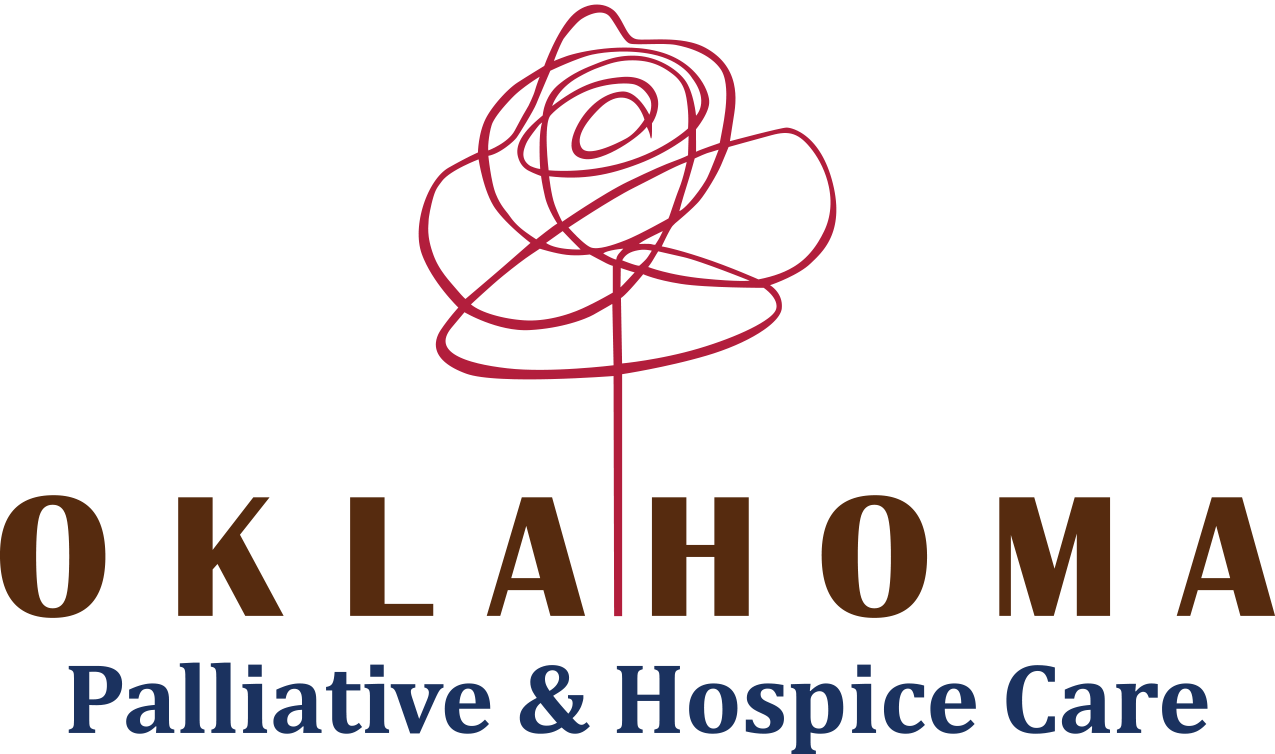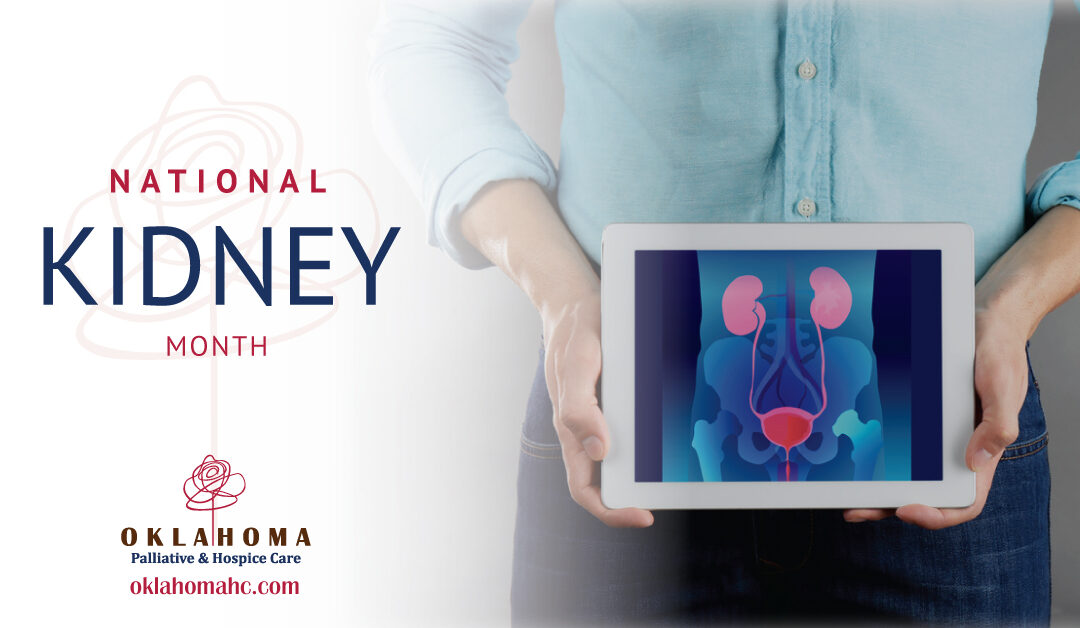March is known for St. Patrick’s Day, melting snow, and the long-awaited return of the sunshine. But, did you know that March also happens to be National Kidney Month? The month is intended to raise awareness nationwide about kidney disease, also called renal disease.
What is Kidney Disease?
Chronic kidney disease (CKD) is a serious condition that affects 37 million people. The disease is progressive and can put people at risk for serious health complications, including the final stage of CKD, known as end-stage renal disease (ESRD).
According to data from researchers at Johns Hopkins University, more than 50% of people over age 75 are believed to have kidney disease.
What are the Symptoms of Kidney Failure?
The signs of chronic kidney disease develop over time. Signs and symptoms may include:
- Nausea and vomiting
- Loss of appetite
- Fatigue
- Weakness
- Difficulty falling asleep and staying asleep
- Changes in how much/often you urinate
- Brain fog
- Muscle twitches and cramps
- Persistent itching
- Swelling of feet and ankles
- Chest pain
- Shortness of breath
- High blood pressure (hypertension) that is hard to control
If your kidneys suddenly stop working, in what’s known as acute kidney failure, you might notice one or more of the following:
- Vomiting
- Rash
- Abdominal pain
- Back pain
- Nosebleeds
- Fever
- Diarrhea
Reducing Your Risk
The good news is, there are some changes you can start making today to prevent CKD, including:
- Attending regular health check-ups
- Managing your blood pressure and monitoring blood glucose levels
- Take medicine as prescribed by your physician and avoid NSAIDs like ibuprofen and naproxen
- Aim for a healthy weight and make physical activity a part of your routine
- Reduce stress
- Get enough sleep
- Quit smoking

